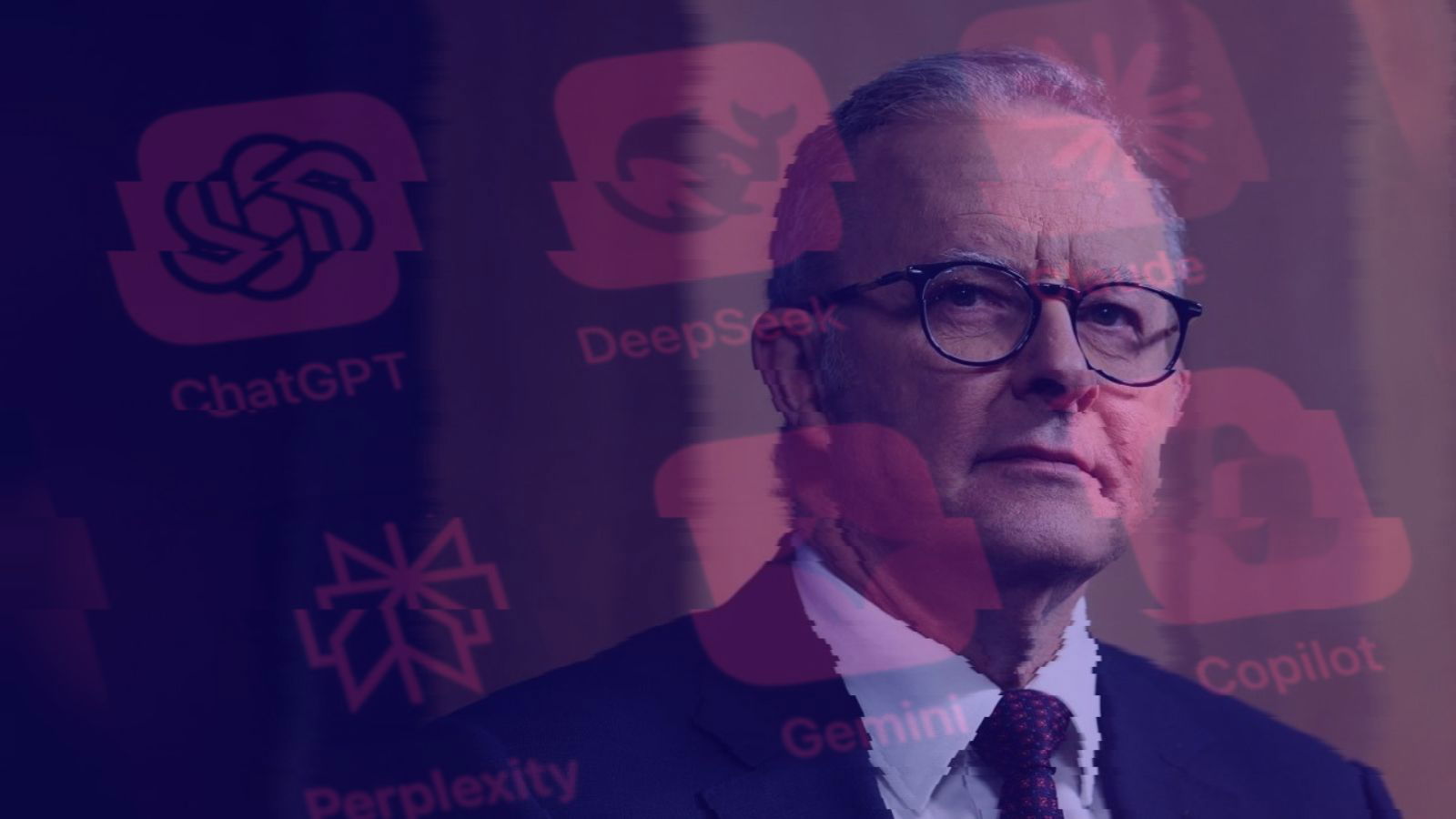



Australia rules out AI ‘text and data mining’ exception, siding with creators over tech giants
share on
Australia’s federal government has ruled out introducing a “text and data mining” exception to copyright law, a move that places it firmly on the side of creators, artists and media owners in the escalating debate over how AI models use protected content.
The decision, announced by the Albanese government and attorney-general Michelle Rowland, means AI developers will not be granted automatic rights to scrape or use copyrighted material, including articles, images, music or video, to train large language models or other AI systems without permission.
The government said it remains committed to supporting innovation but “stands behind Australia’s creative industries”, rejecting calls from the tech sector for a broad TDM exemption.
“Artificial intelligence presents significant opportunities for Australia and our economy, however it’s important that Australian creatives benefit from these opportunities too,” Rowland said in a statement. “This government has repeatedly said that there are no plans to weaken copyright protections when it comes to AI.”
Instead of loosening copyright rules, the government’s new Copyright and AI Reference Group will examine alternative frameworks, including a paid collective licensing model that could allow AI developers to access creative works legally and fairly.
The group will also explore how copyright applies to AI-generated content, and how smaller creators can more easily enforce their rights - potentially through a low-cost small claims system for copyright disputes.
The government’s stance brings Australia closer to the European Union’s more creator-protective approach, and contrasts sharply with the United States, where open use of copyrighted material for AI training remains largely untested in the courts.
Industry welcome the decision
The response from Australia’s creative and media industries was swift and overwhelmingly supportive.
Annabelle Herd, CEO of ARIA and PPCA, called the move “a landmark decision that reinforces Australia’s commitment to its artists and creative industries”.
“The government has made the right call in rejecting a TDM exception and backing the rights of artists, authors, creators and rights-holders over a small group of large, powerful tech companies,” Herd said. “It’s not for tech giants to determine how creators’ IP is utilised. Protecting that agency is how we build a creative economy that continues to grow, inspire and compete globally.”
Herd said the existing copyright and licensing frameworks already provide fast and flexible mechanisms for innovation - pointing to the growing number of music licensing deals with AI companies as evidence that ethical AI development and creator protection can coexist.
News Corp Australia executive chairman Michael Miller echoed the sentiment, calling the announcement “a welcome catalyst for tech and AI companies to license Australian content”.
“By upholding the creator’s right to control access, terms of use and payment, it reinforces that our copyright law works to ensure effective market outcomes,” said Miller. “The announcement secures a sustainable and thriving future for Australia’s culture, news media and creative sectors - guaranteeing that Australian stories will continue to resonate powerfully at home and across the world.”
Miller urged the government to move quickly to implement its planned News Bargaining Incentive and News Media Assistance Program to support smaller and regional publishers that remain under financial pressure.
Implications for marketers
For CMOs and media leaders, the government’s decision draws a clearer line between ethical AI innovation and copyright exploitation. AI companies developing marketing or content-generation tools will need to ensure licensed data sources, potentially through new collective licensing schemes similar to how music or news content is used today.
It also puts pressure on global platforms and generative AI providers to negotiate directly with Australian rights-holders rather than relying on implied or “fair use” arguments common in other jurisdictions.
The ruling may also embolden local creative and publishing industries to pursue new commercial models - from paid content feeds for AI training to bespoke brand licensing arrangements - that monetise creative IP in the AI era.
As CAIRG meets this week in Canberra, the outcome could shape not only the balance between creators and technology companies, but also how marketers and media businesses engage with AI responsibly in Australia’s evolving regulatory landscape.
share on
Free newsletter
Get the daily lowdown on Asia's top marketing stories.
We break down the big and messy topics of the day so you're updated on the most important developments in Asia's marketing development – for free.
subscribe now open in new window
